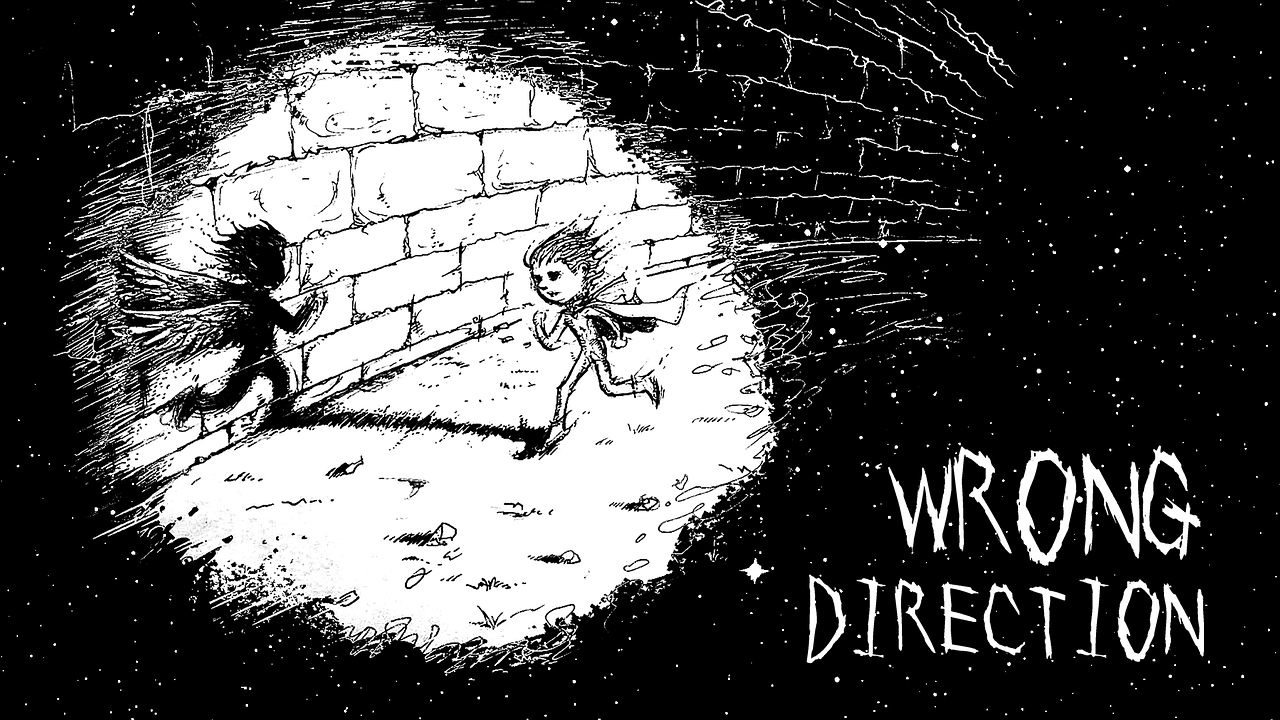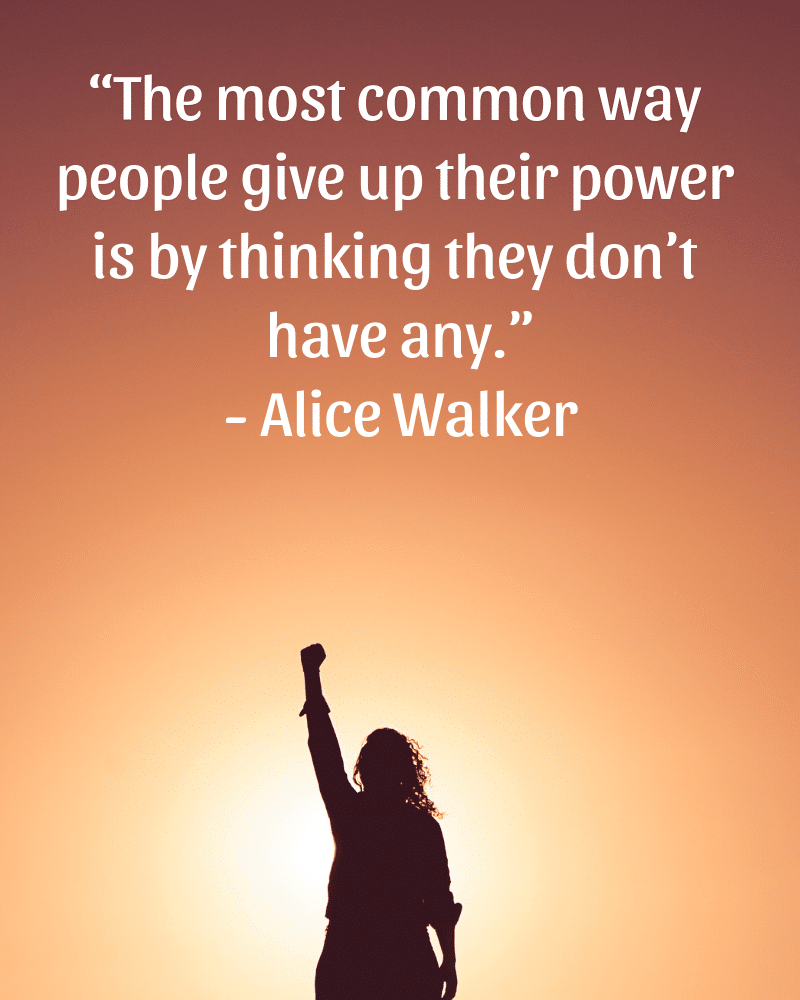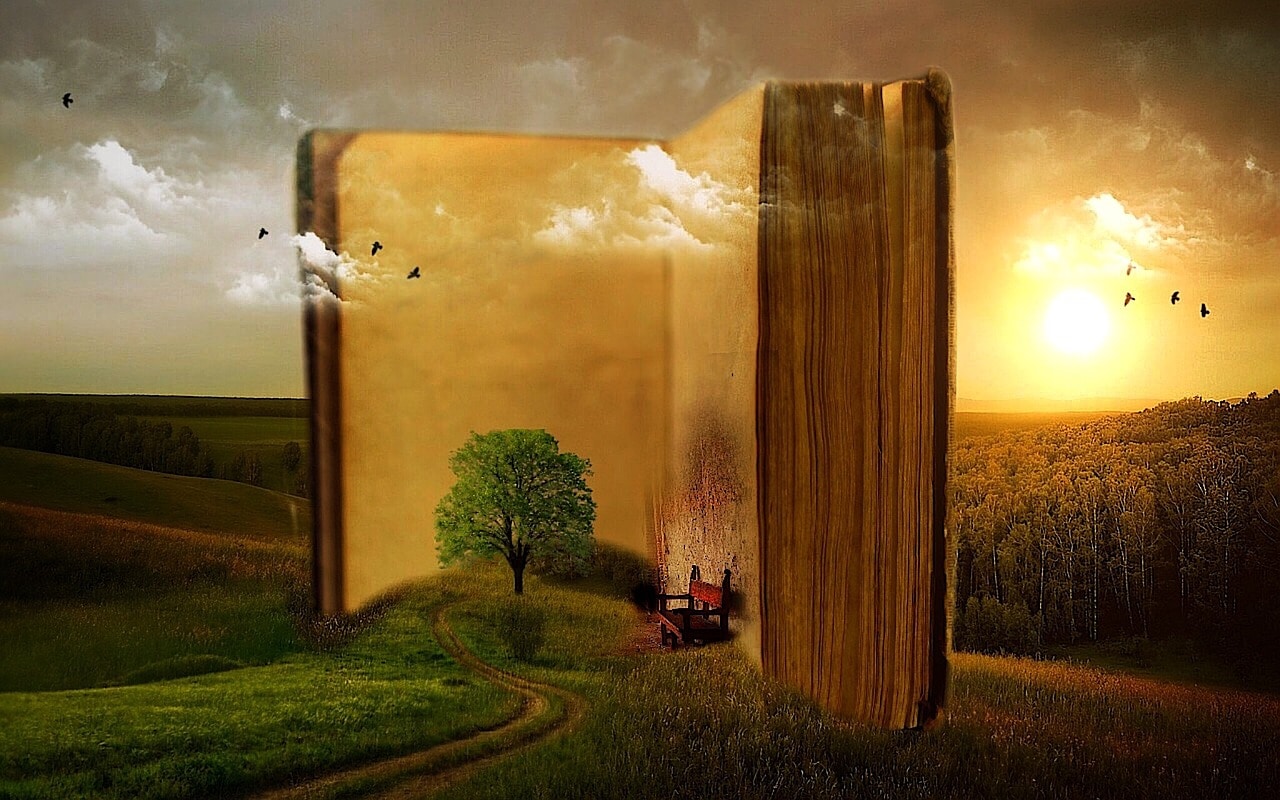I’m stuck!
I can’t get past this draft!
Something is keeping me from moving forward!
What am I doing with my life?
What’s wrong with me ????

I know those thoughts. They dig their claws in while you’re trying to write and they just won’t let go. That kind of resistance is so strong that it can stop you for days, weeks, months, or even years.
It’s easy to get stuck in a repetitive pattern of struggling with our writing and then beating ourselves up when we don’t move forward. We tell ourselves that other people, “special people,” have this writing thing figured out, but we don’t. We start to believe that we just aren’t capable.
This belief doesn’t just affect our writing, it affects our belief about ourselves and our self-worth. That in turn shows up in everything we do in the world.
You are not alone
There is no judgement here. I understand. I am like you. I have experienced the pain, the anger, the sadness of hoping and trying to find the answer only to end up with another “wasted day.”
I imagine 99.9% of writers have struggled with resistance at some point, if not often, but we rarely hear about that side of writing. I’ve written about it. Tim talks about it in the podcasts. Steven Pressfield writes entire books about it.
Trust me…
#TheStruggleisReal

Feelings are just a symptom
When day in and day out, we try to write but walk away feeling we have accomplished nothing, it’s easy to blame ourselves. It’s easy to feel defeated and believe that we will NEVER get past this place, will never finish this novel despite all the wonderfully creative stories we deeply desire to tell.
Other people succeed while we feel like we fail and fail and fail.
We start to believe those mean words we tell ourselves that we would never say to someone else.
If who we are is all about our actions and how we show up in the world and if our actions are staring at a blank screen, then we start to believe we are incapable.
But it’s a lie we’ve been taught to believe.

You are NOT the problem
There are people who say they don’t get writers block, they don’t struggle with resistance. And while part of me wants to call their bluff, the other part of me wonders what they know that I don’t.
What if they do hit resistance but instead of seeing it as a weakness, they see it as an opportunity?
How could they possibly have that idea or even believe that?
It got me thinking about the whole Malcolm Gladwell 10,000 hour idea. I’m not going to dive into the detail of it or the arguments for or against his stated rule. But it did prompt a really great discussion with my partner, Breena Kerr, who is a professional journalist.
She doesn’t experience resistance very often and when she does, she just keeps writing until what she’s trying to say comes out the way she intended. She is an incredible writer who can be in the noisiest train terminal balancing halfway off a tiny piece of luggage with 90 seconds to spare before her train arrives and crank out a draft of an article while clicking away with her thumbs on her iPhone. I’m in awe of her.
But the key thing to know is over many years of hard work, she intuitively created a process. From start to finish. For three years, she worked at a daily newspaper that often demanded she write half a dozen stories a day while being scrutinized by a boss who wouldn’t hesitate to publicly call her out for having a single typo. She developed a process to get her interviews done and her articles drafted and edited for publication every single day. She earned her 10,000 hours. The blood, sweat, tears and pressure became her teacher. The daily deadline was her mentor.
But as fiction writers, we don’t typically have a teacher or mentor hovering over us, forcing us to write and turn in work every single day, to push through the difficulties and errors and learn on the spot to make our stories better. We aren’t forced to create a process on the fly that gets us through each draft without stopping until publication.
Instead when we hit a challenge, we either have to have the resilience in ourselves to bounce back and find a new perspective or quickly find some help to keep us from stalling and being eaten by the worst critic in the world. Ourselves.
The PROBLEM is the Problem
Problems are challenges that we face that we either haven’t faced before or don’t yet have an understanding of or a process to work through.
In the Story Grid article, The Math, Shawn Coyne writes, “…remember that you are not the problem. The problem is the problem…At the beginning of the long form Story process, the problems we face are innumerable…If we can cut our problems into bite size pieces that we can contend with one by one, one day, one session at a time, then we can beat Resistance into submission and finish our first draft or edit our first draft.”
If we can finally understand that we are not the problem, the problem is the problem, then we can fix the issue.
In my last article, Resistance is Not Your Enemy, I wrote about how first drafts don’t intimidate me. That’s not because I have a big ego, that’s because I have a process. I learned over and over, through my mentor Chris Delorenzo in his Laguna Writers Workshops, how to allow myself to get into the dreamspace and write whatever comes to mind, ignoring the critic. Analyzing and revising comes later, not when you are producing the work for the first time.
Because of what I learned, I wrote my first draft of this article in an hour!
BUT! My second drafts do not…yet…come to me in the same way. That’s because I have not practiced over and over and become comfortable with my second draft process.
It used to bother me, frustrate me, make me feel so down on myself until I realized I am not the problem! There is nothing wrong with me. The problem is that I don’t have a second draft process yet. It’s simple, it’s true and it’s free of emotion. And THAT problem is solvable.

What to do when a Problem arises
Step # 1 is extremely important, so don’t overlook it!
Suspend judgement
- It is not helpful to be hard on yourself. You’ve hit a problem…Big deal! Problems arise every single day and you have faced and worked through many problems in your life.
- Remember, all that has happened is you have hit a place that you either haven’t faced before or you don’t yet have a process for working through. There’s nothing to be ashamed of or worried about. If anything, knowing this can empower you.
Identify there is a problem
- Be willing to know when you’ve reached a place where you don’t know what to do. You feel stuck, unqualified, confused. Take a moment and acknowledge that you have arrived at a place that’s outside your current skill level or comfort zone.
- Example – I’m really struggling with making this scene stronger, I don’t know what’s wrong with me…STOP! This is a blinking neon light that you’ve hit a “problem.” You are not the problem, you just don’t have the answer for it yet.
Define the problem
- Defining the problem is extremely helpful. It allows you to understand what specifically you are up against.
- Example: My hero doesn’t have a name.
- Define the problem & be specific – “I need to name my hero and since my story takes place in ancient Greece, I can search for names from that time that might suit my character.”
Understand the purpose of the problem
- I actually think this is a pretty cool next step. Instead of just jumping into brainstorming answers, try to understand the purpose of the problem.
- Example: I seem to have a common problem in both of my novels. My villains are weak.
- So I research villains. I can also ask myself, what is the purpose of the villain? Why are they there? What are they all about? How could they challenge my protagonist? And so on.
- There are so many amazing villains in books and films I can study. And there are tons of articles and podcast episodes on The Story Grid website to dive in deeper on the subject such as Valerie’s post Stories Need Great Villains.
Define your goal
- Once you understand the purpose of the problem, define a clear goal so you know when you’ve solved your problem.
- Example – I have a process for writing first drafts, but I don’t yet have an intuitive process for revising my second drafts. My goal is to write a second draft.
- That’s defined but quite a large goal! So…

Work the Problem
Break the problem down into smaller bites
- You can’t just poof!…write a stronger second draft by just starting from the beginning and writing away. Breaking the problem down into smaller, achievable pieces will allow you to take it one step at a time. Small bites make it doable for your brain to come up with ideas.
- Example – Instead of just diving into a second draft thoughtlessly, I can read my first draft. From what I’ve read, I can assess which overarching genre is most like the story I’ve told and choose which genre will help me tell my story in the best way possible. That’s a great starting place. Plus it’s clear and attainable.
- There are loads of resources on the Story Grid website that discuss genre, including Rachelle’s in-depth look into each individual genre.
Generate Ideas
- When you come to a story problem, there are a number of ways you can come up with ideas.
- Write without judgement – The first draft process I use every single time is to write without criticizing what I’m writing in that moment. Images, words and ideas are coming to you and only you. Be grateful by being a channel for them to come from your mind, out your fingertips and onto the page. Don’t judge your writing until you are ready to understand what you were trying to say. Then you can revise.
- Brainstorm – Come up with 20 bad ideas! Write whatever comes to mind. There is freedom in that statement that allows you to not seek perfection.
- Mind map – A fun way to visually organize your ideas by drawing bubbles around your thoughts and seeing if you can create a connection between them.
- Open Ended Questions – Asking yourself open ended/non-limiting questions can get your creativity flowing.
- “What if” or “Yes, and….” responses give you permission to come up with ideas you hadn’t thought of before.
- Stay away from “No, because” answers because they tend to shut down creative thinking.
- There are no right or wrong answers. Write everything down, knowing that 75% of what you come up with might be scrapped. Just allow yourself the freedom to explore.
Be introspective
- Can you relate to your characters through experiences you’ve had? I also wrote about this in Finding your Theme in the Story of You.
- Example – Think back to a time in your life when you were scared or happy or had an argument with someone you loved. Those experiences offer up invaluable lessons that can inspire scenes in your story.
- Try free writing or journaling to get “real” with your past and bring your life into your story.
Start now!
- Don’t wait. Not tomorrow..not an hour before you need the answers so you are stressing out and judging everything you write. Ideas can sometimes take time to grow. It’s too easy to put off writing for another day. Instead start with one thing, anything, right now.

If none of those feel helpful
Take a Break
- You deserve it. You can’t work all day, everyday demanding 110% of yourself. Stepping away from your writing actually allows your subconscious mind the opportunity to have free reign to flow without you bossing them around.
- That’s why some of your best ideas occur when you’re showering or exercising or having a drink with friends.
Start over
- There can be freedom in actually putting aside what you’ve already written and beginning again, whether it’s working with a character or a scene or even an entire manuscript.
- Instead of trying to force what you wrote into a new draft like a puzzle piece that doesn’t quite fit, take the essence of what you wrote previously and create a new draft with that theme in mind. You’ll still have your original work to return to if you decide it was right all along.
- Example – In The Story Grid podcast episode 31 Tim realized what he wrote wasn’t quite working. But what he got from his first draft was the essential story he wanted to tell. He decided to scrap his first draft entirely and begin again. It may sound scary, but it can give you the freedom to create a story that works better instead of forcing something that never ends up working.
Come back later
- Sometimes there’s just too much baggage with the story you’re working on and you need to take a longer break. Weeks, months or even if you decide to put your manuscript in the drawer, you can return to it at a later time.
- Example – I recently returned to a manuscript I put aside in 2014 and it’s better than I had thought. The cool things is I know better now what 2014 me was trying to say and I’m brilliant. 😉
Ask for help
- It may feel hard to ask for help or it might feel challenging to find the right kind of help, but sometimes you need an outside perspective. The Story Grid has a huge community of writers and editors who are committed to telling better stories.
- Formulate your own manuscript group – Find writers who have the same goals as you. Check out Anne and Rebecca’s article Writing Groups Might Be Terrible. They have great suggestions on how to start your own group.
- Hire an editor- There are many editors out in the world. Take your time finding the right fit through a referral or at the Story Grid Editorial dept.
- Ask if they offer a half hour free call – All of the editors at the Story Grid do because we want the match to be good for both people.
- Decide what kind of editing help you need. Sophie explains what a Developmental Edit is in What to Expect from a Story Grid Developmental Edit. Or if you are you looking for help assessing your entire manuscript, Maya’s article The Story Grid Diagnostic: What It Is (and Isn’t) explains all.
- If you don’t know what kind of Editor you’re looking for, in Shelley and Julie’s Beyond NanoWriMo: What Do You Do Next? post, they created a very clear Guide to Editors explaining all the different kinds of editors.
And if nothing else feels right then ask yourself is THIS story worth telling?
- I don’t want you to rush to this suggestion too quickly but there’s also nothing wrong with deciding to put your manuscript away for now or for good. There is strength in taking control of your storytelling and knowing when a story is worth the time and effort it takes and knowing when to move onto something different.
- Kim wrote a great article called Vetting Your Book Idea and is about how to decide if this particular story is worth telling.
- If this is the right decision for you, feel proud of yourself! Feel empowered! YOU made the choice that felt right for you. And now you get to make a choice to start something new. No matter what you decide, you have learned an enormous amount from the writing you have already done and the challenges you have faced.

The You of the Future
You may be wondering if I solved my second draft problem. By stepping up and asking myself “What is the problem?” I realized the big problem was that I was trying to force the first draft I wrote a long time ago into a puzzle that didn’t quite fit.
What I understood was that the purpose of that first draft was to get on the page the story I saw in my mind, what I wanted to say from deep inside my heart, the story my future self was going to make stronger. And that clarity has given me the opportunity to create something even better by putting my first draft aside and beginning my second draft from the essence of what I wrote.
I feel empowered because I know the story I want to tell. A lot of the hard work is already done.
This may sound annoying but everything you’ve written, explored, faced, been challenged with and the decisions you’ve made (whether you finished your story or not), add up to practice for your next novel. Facing each and every problem one at a time, researching them, focusing on them, working on them, all adds up to training the future you who is a master storyteller.
No one can take those hours away from you.
When you hit a place of stuckness, you don’t need to criticize yourself anymore, you don’t need to seek perfection either.
You know YOU ARE NOT THE PROBLEM. Instead ask, “Since I am not the problem, what IS the problem that I am facing right now?”
No emotion, no judgement, just the facts.
From that will come answers. Because if the problem is the problem and you know you can solve problems, then YOU have the SOLUTIONS.